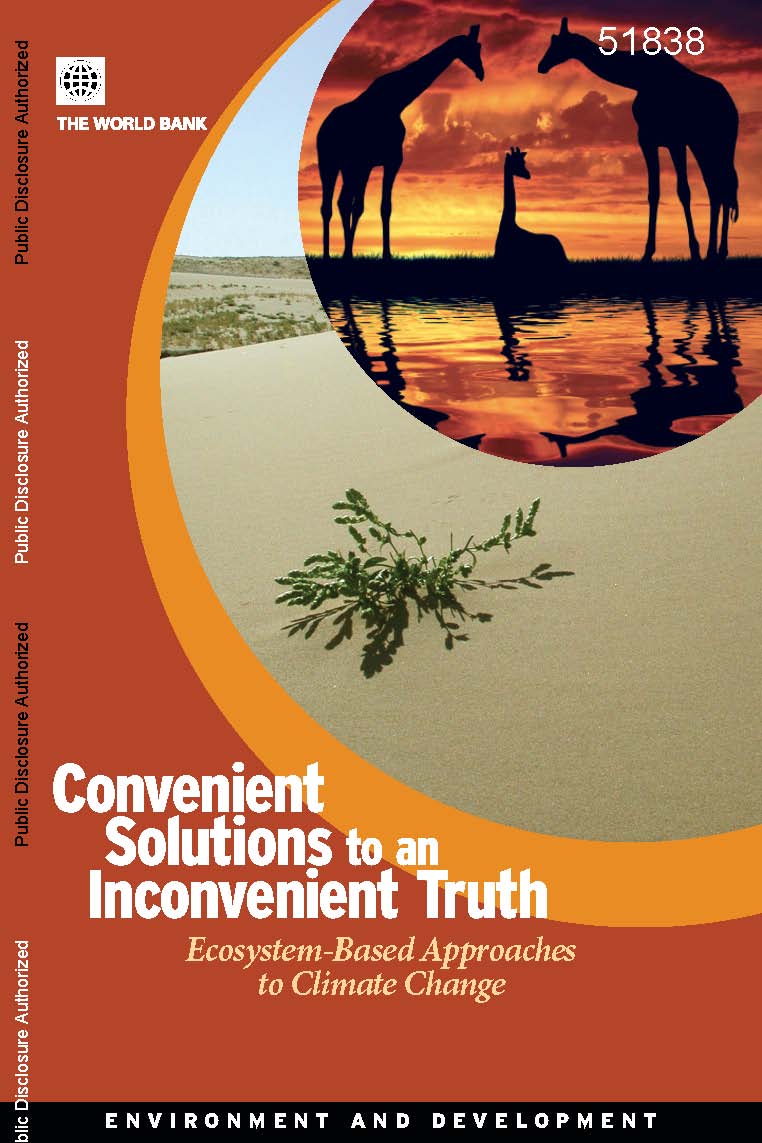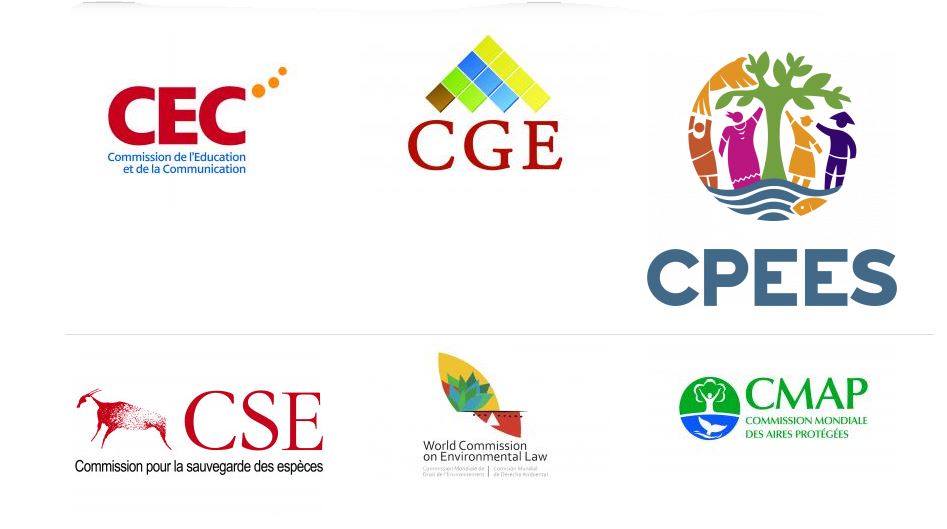Des choix pragmatiques face à une vérité qui dérange
Ecosystem-based Approaches to Climate Change

Photo: World Bank
Current efforts to address climate change focus mainly on reducing GHG emissions by adopting cleaner energy strategies and on reducing the vulnerability of communities at risk by improving infrastructure to meet new energy and water needs. This book offers a compelling argument for including ecosystem-based approaches to mitigation and adaptation as an essential pillar in national strategies to address climate change. Such ecosystem-based strategies can offer cost-effective, proven and sustainable solutions that contribute to, and complement, other national and regional adaptation strategies.
Global warming and changes in climate have already had observed impacts on natural ecosystems and species. Natural systems such as wetlands, mangroves, coral reefs, cloud forests, and Arctic and high-latitude ecosystems are especially vulnerable to climate-induced disturbances. However, enhanced protection and management of biological resources and habits can mitigate the impacts and contribute to solutions as nations and communities strive to adapt to climate change. Biodiversity is the foundation and mainstay of agriculture, forests, and fisheries. Biological resources provide the raw materials for livelihoods, agriculture, medicines, trade, tourism, and industry. Forests, grasslands, freshwater, and marine and other natural ecosystems provide a range of services often not recognized in national economic accounts but vital to human welfare: regulation of water flows and water quality, flood control, pollination, decontamination, carbon sequestration, soil conservation, and nutrient and hydrological cycling.
The World Bank's mission is to alleviate poverty and support sustainable development. Climate change is a serious environmental challenge that could undermine these goals. Since the Industrial Revolution the mean surface temperature has increased an average 0.6 degrees Celsius due to the accumulation of greenhouse gases (GHGs) in the atmosphere. Most of this change has occurred in the last 30 to 40 years, and the rate of increase is accelerating. These rising temperatures will have significant impacts at a global scale and at local and regional levels. While reducing GHG emissions and reversing climate change are important long-term goals, many of the impacts of climate change are already in evidence. As a result, governments, communities, and civil society are increasingly concerned with anticipating the future effects of climate change, while searching for strategies to mitigate, and adapt to, its current and future effects.



